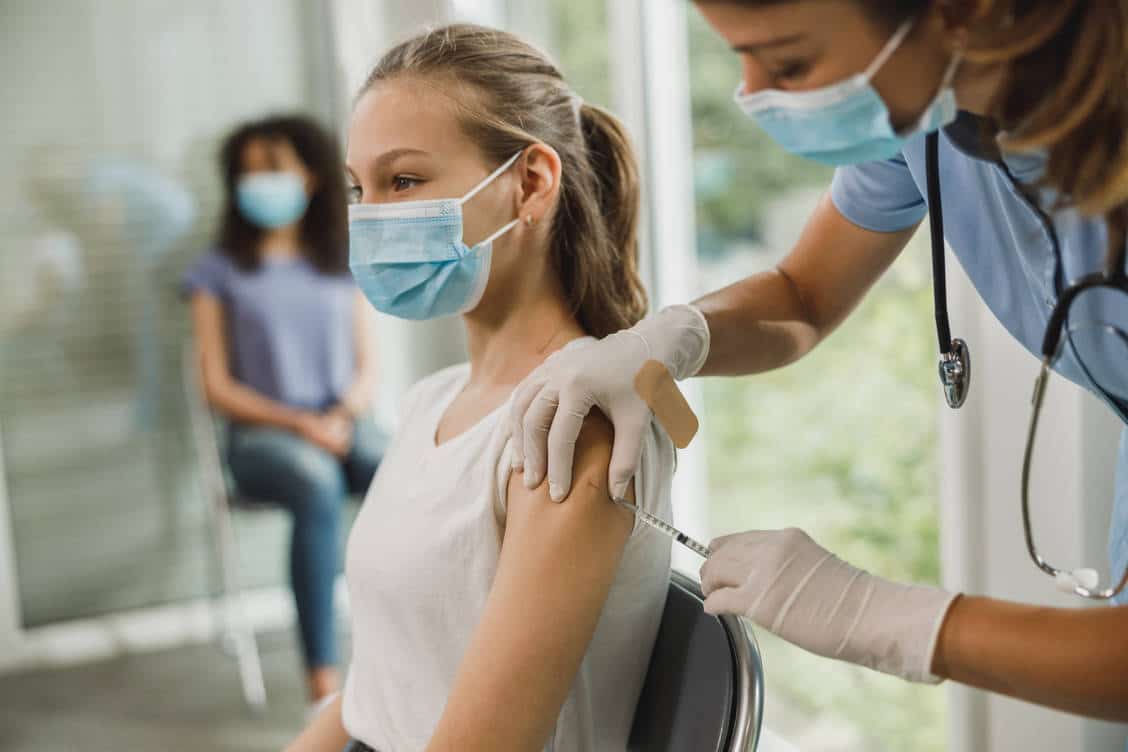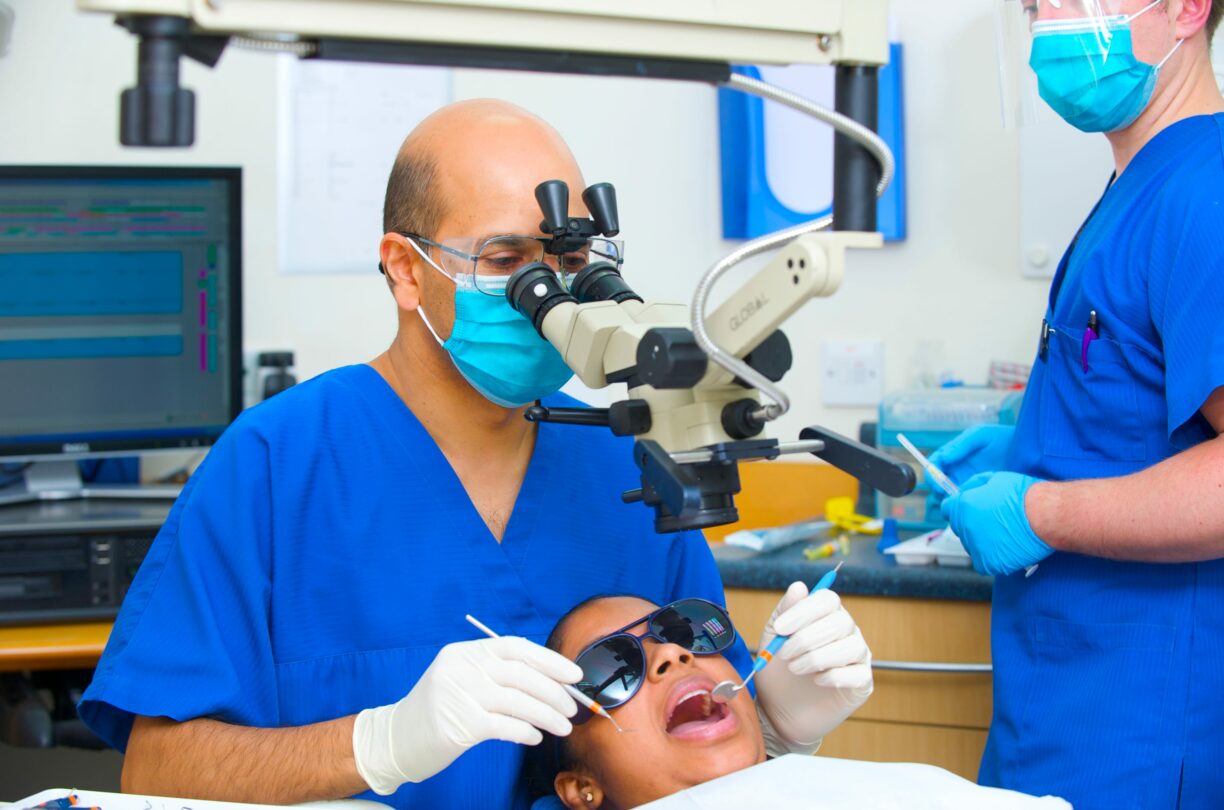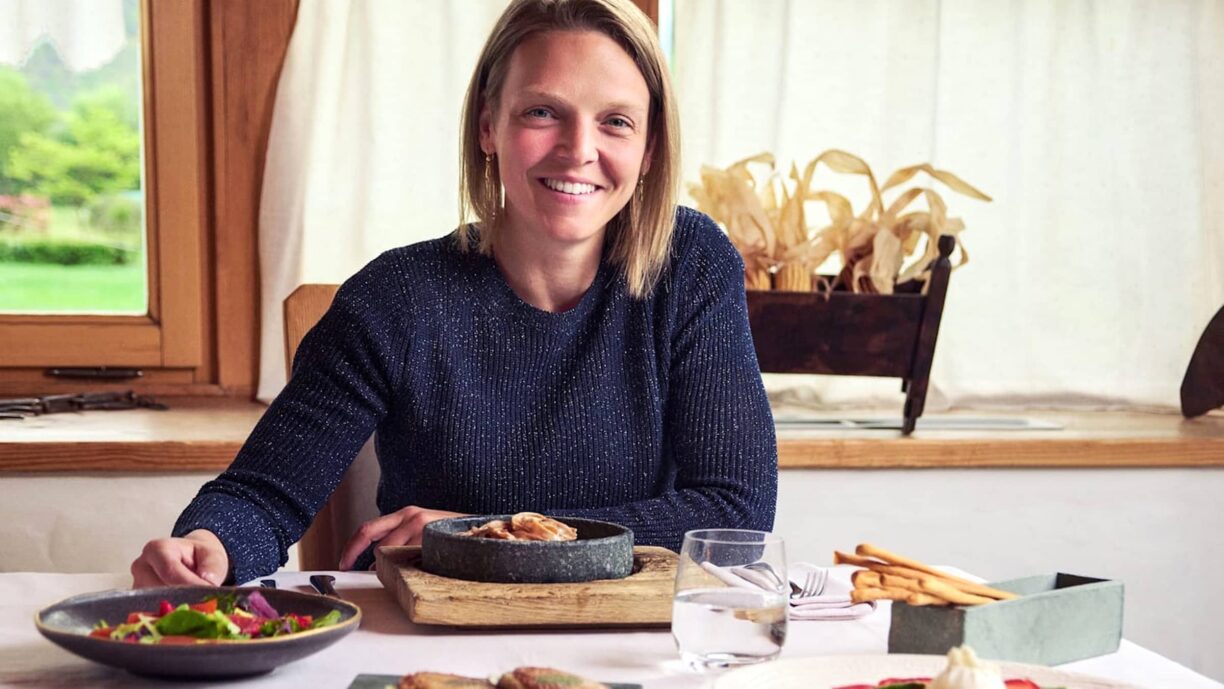A LEADING lawyer fears the ‘jabs for children’ Covid-19 programme could cause multiple legal problems for families and schools.
Jacqueline Fitzgerald, a partner in the family law team at Grosvenor Law in London, forecasts major trouble ahead for the government’s plan to roll out the vaccine for 12-15 year-olds.
She says that there could be clashes between parents who won’t allow their child to be vaccinated against the virus and the children themselves – and an additional battlefront could open up between schools and parents.
Ms Fitzgerald says there is also the worry of children facing peer pressure from their own classmates.
The chief medical officers for England, Scotland, Wales, and Northern Ireland have recommended that all children aged 12 to 15 years be vaccinated against Coronavirus.
Ms Fitzgerald says: “The rationale is currently said to be that it is to reduce disruption to their education.
Professor Chris Whitty, the Chief Medical Officer for England, admitted it was a difficult decision, which to some people suggests that there might be some doubt about whether this is the right decision or not.
Vaccinations do not stop a child from catching the virus, nor spreading it to others.
“So, what is the point? That is likely to be the cause of disagreement not just between parents but between one or both parents and a child.
“Most parents have parental responsibility for a child, which means they can make decisions relating to the child’s upbringing and general welfare. It usually concerns decisions about the school the child attends, the religion they follow, and of course, consent to medical treatment.
“If there is a dispute about an issue between parents one or other of them can refer the matter to the court for a judge to decide.
“Last year the Court of Appeal allowed a local authority to vaccinate a healthy child in care, notwithstanding that both parents disagreed.
While this was a public law case, it was said that it would be difficult to foresee a case in which a vaccination approved for use in children would not be assumed to be in the child’s best interests.
“Later in 2020 a father applied to the court for an order that his children should be vaccinated for the usual childhood immunisations, including for Covid-19.
“The mother’s objections included an array of medical research and evidence, including the submission that vaccination does not prevent the child catching the disease.
Although the judge was clear that his decision did not extend to any Covid-19 vaccination – at that stage, it hadn’t been approved – he did say that “it is very difficult to foresee a situation in which a vaccination against Covid-19 approved for use in children would not be endorsed… as being in a child’s best interests…”
Ms Fitzgerald adds: “Even before this, in 2014 the court has been clear that parental responsibility is to exercised for the benefit of the child, not for the parent, and it then follows not for anyone else.
“Further difficulties ensue if the child has a different view to the parents.
A child is defined a someone under 18 years old. While various pieces of legislation allow one aged 16 or over to make their own decisions about various issues, a child under 16 might also be able to consent and conversely refuse treatment if they have ‘Gillick competence’.
This recognises that a child’s ability to make important decisions about their life increases as they get older.
“A medical professional who administers Covid-19 vaccine to a child without the consent of a parent, or a capable child or court order, could be guilty of a criminal offence.
Schools and medics should proceed with caution unless both parents and the child agree to be vaccinated.”





